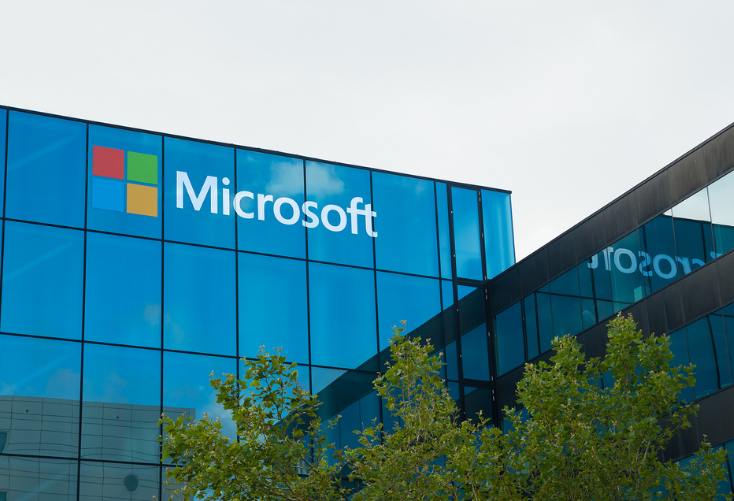Hand selected flexible workspace news from the most reliable sources to keep you ahead of the pack. We find all the latest news, so you don’t have to. Morning and afternoon updates. Stay in the know.
Here’s what you need to know today:
- The Future Of Work Is Anywhere We Want It To Be
- Microsoft Survey Reveals Value Of Remote Working
- The Future Is Looking Increasingly Flexible
The Future Of Work Is Anywhere We Want It To Be
Within a year, the way we live and work has completely transformed for good. What were once short-term adjustments to keep employees safe has become the preference for many.
According to Andrey Khusid, CEO of digital whiteboarding platform Miro, the company’s user base has grown from 3.7 million to 9 million since March. Khusid sees this as a huge indicator of shifting workplace culture.
More specifically, Khusid believes that companies will adopt a “work from anywhere” policy as flexible working becomes more accessible.
While many major firms have already committed to remote working policies permanently, this does not necessarily mean only working from home.
The work from anywhere trend will allow employees to have complete say in where and how they work, allowing them room to achieve a healthier work-life balance.
However, there will still be a need for a main central office, leading companies to adopt a hybrid approach that allows employees to work either remotely or in a workspace. Companies will be required to ensure their offices are following sanitation and distancing guidelines.
For workers who do choose to be remote, leaders will need to make an effort to keep them engaged. While this can be difficult to do with a distributed workforce, there are tools and resources that make it easy, such as Slack and Zoom.
Without proper employee engagement, companies risk hurting their productivity levels and overall employee satisfaction.

Microsoft Survey Reveals Value Of Remote Working
A recent Microsoft survey has revealed that business leaders believe that the future of work needs to be innovative beyond flexible work policies.
The survey of 500 employees and 108 business leaders in Ireland provided insight into the remote working experiences of people, who offered predictions about the future of work.
For starters, 45% of business leaders said they believe that remote working is here to stay and a staggering 97% said adjusting how their company operates is top priority right now.
Additionally, employees said they prefer spending about one-third of their time outside of a physical workspace, but maintained that coming into the workspace some of the time was essential for keeping strong connections with their colleagues.
However, employees still said that there are numerous perks of working from home, including a casual dress code, more free time for hobbies and having their pets by their side.
Nearly three-fourths of business leaders said their productivity levels have either remained the same, or increased during this time. But even more so, 68% said that adopting flexible workplace arrangements is essential for retaining staff.
“Innovation is fuelled when people feel empowered to connect with colleagues, take smart risks and speak up when they have new ideas,” said Aisling Curtis, commercial director at Microsoft. “So, the challenge for businesses will be ensuring people feel connected to their teammates and to clearly see how the work they do as a team contributes to realising the vision of the company.”

The Future Is Looking Increasingly Flexible
Cushman & Wakefield’s new report ‘Coworking 2020: What’s Next on the Flexible Workspace Horizon?’ has found that the flexible workspace could bounce back from its challenging year.
The research revealed that many UK occupiers who are looking to alleviate any risks from their long-term real estate footprint could opt for flexible workspaces.
This would allow them to provide their employees a safe workplace to come into outside of major cities.
“Whilst the occupation of flexible workspaces has been affected by the pandemic, we anticipate that as the market recovers they will be an attractive option to a number of occupiers who seek certainty and flexibility in terms of pricing and setup costs,” said Christopher Dunn, from Cushman & Wakefield’s UK Research & Insight. “Serviced offices will be a significant constituent in the desired occupational mix and form part of a broader long-term space strategy.”
Cushman & Wakefield also predicts that flexible managed workspaces will become increasingly popular as opposed to long-term leases. These offices would be fully outfitted with furniture, internet connection and other amenities that can help companies become more cost efficient during this economic uncertainty.
In the future, Cushman & Wakefield anticipates major growth in the flexible office industry as companies shift their strategies to focus on cost-cutting measures, sustainability, the customer experience and the employee experience.



















